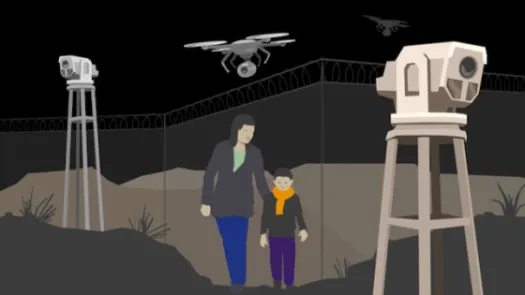Realise Our Rights to Live with Dignity
Governments are embracing systems that would enable them to progressively realise social, economic and cultural rights; many of these systems interfere with individuals’ privacy.
Just as in many other sectors of governance, governments around the world decided to embrace innovations in technology and data processing capabilities to develop systems that would enable them to progressively realise social, economic and cultural rights.
When it comes to social security we have seen the deployment of smart card for recipients of welfare, and biometric national ID systems to manage the delivery of public benefits including health, and housing; as well as the deployment of biometric systems to access food and the emergence of data-intensive systems in the workplace to ensure transparency, accountability and monitor working conditions.
The use of technology and data in the realisation of economic, social and cultural rights raises, among others, some key concerns in relation to the protection, respect and promotion of the right to privacy as provided for under Article 17 of the International Covenant on Civil and Political Rights and Article 12 of the Universal Declaration of Human Rights. As the systems being deployed interfere with individuals’ privacy, they need to meet the three overarching principles of legality, necessity and proportionality. Beyond the failure to protect individuals and their data as they interact with the systems put in place, these also have implications for non-discrimination and equality.
There is no question that technology can help governments to tackle their obligations to realise economic, social and cultural rights and some of the key challenges they face in doing so to ensure individuals and communities live with dignity, but safeguards and due process guarantees need to be taken into account from the onset in order to identify and mitigate risks, and provide access to redress.
This requires special attention to be given to the drivers of the use of technology for the realisation of economic, social and cultural rights, as well as the role of the private sector as suppliers of tech solutions. Otherwise, the same systems that are intended to facilitate the enjoyment of fundamental rights will amplify pre-existing shortcomings and injustice.



